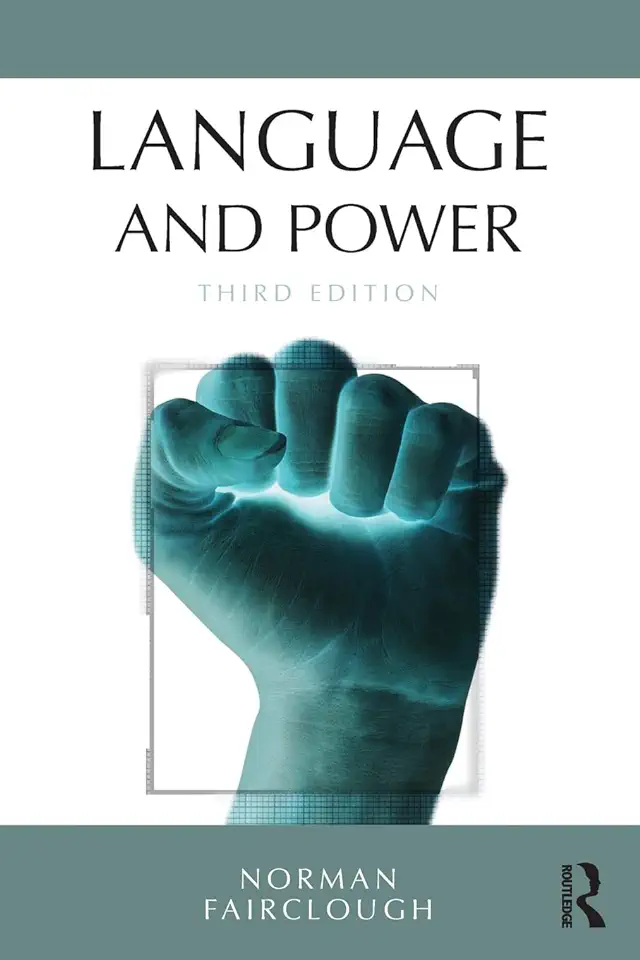
Language and Power - Norman Fairclough
Language and Power: A Critical Introduction
Introduction
In his seminal work, "Language and Power," Norman Fairclough offers a comprehensive and critical analysis of the relationship between language and power. Drawing on a wide range of theoretical perspectives, Fairclough argues that language is not simply a neutral tool for communication, but rather a powerful force that shapes our thoughts, actions, and social interactions.
Power and Discourse
Fairclough begins by exploring the concept of power, arguing that it is not a monolithic entity, but rather a complex and multifaceted phenomenon that operates at multiple levels of society. He then examines the role of discourse in the exercise of power, showing how language can be used to construct and maintain social hierarchies, legitimize authority, and manipulate public opinion.
Critical Discourse Analysis
Fairclough introduces the concept of critical discourse analysis (CDA) as a method for analyzing the relationship between language and power. CDA is a multidisciplinary approach that draws on insights from linguistics, sociology, and political science to examine how language is used to construct and reproduce social inequality.
CDA in Action
Fairclough applies CDA to a wide range of case studies, including political speeches, news media, and advertising. He shows how language is used to construct particular versions of reality, promote certain ideologies, and marginalize dissenting voices.
Conclusion
In conclusion, Fairclough argues that language is a powerful tool that can be used for both good and evil. He calls for a critical understanding of the relationship between language and power, so that we can use language to create a more just and equitable society.
Why You Should Read This Book
"Language and Power" is a must-read for anyone interested in the relationship between language and society. Fairclough's insightful analysis provides a powerful framework for understanding how language is used to construct and maintain social inequality. This book is essential reading for students of linguistics, sociology, political science, and communication studies.
About the Author
Norman Fairclough is a leading scholar in the field of critical discourse analysis. He is Professor of Linguistics at Lancaster University in the United Kingdom. Fairclough is the author of numerous books and articles on language and power, including "Discourse and Social Change" (1992), "Critical Discourse Analysis" (1995), and "Language and Globalization" (2006).
Enjoyed the summary? Discover all the details and take your reading to the next level — [click here to view the book on Amazon!]